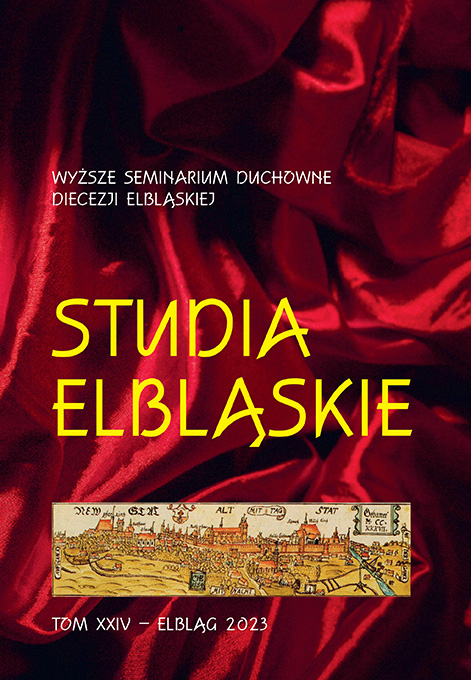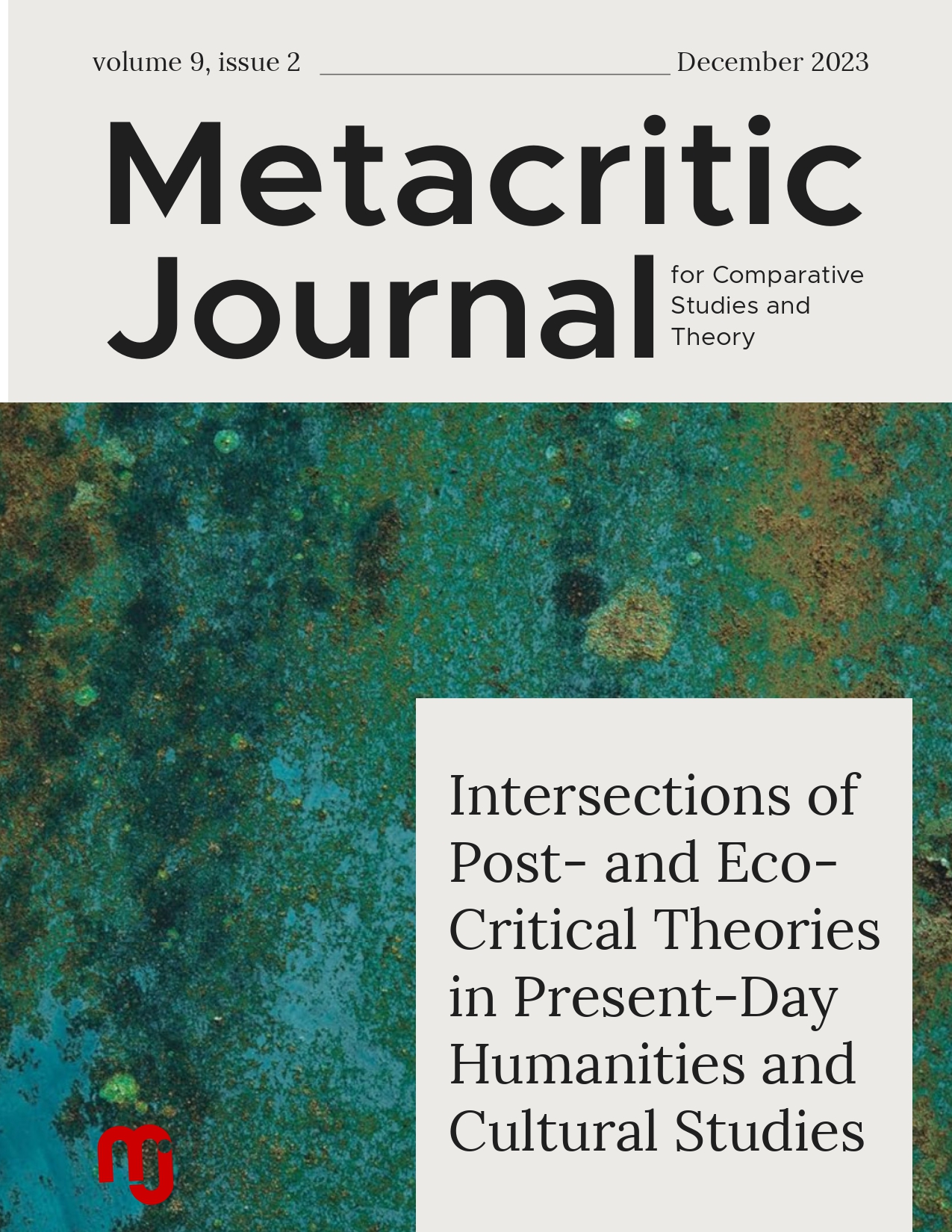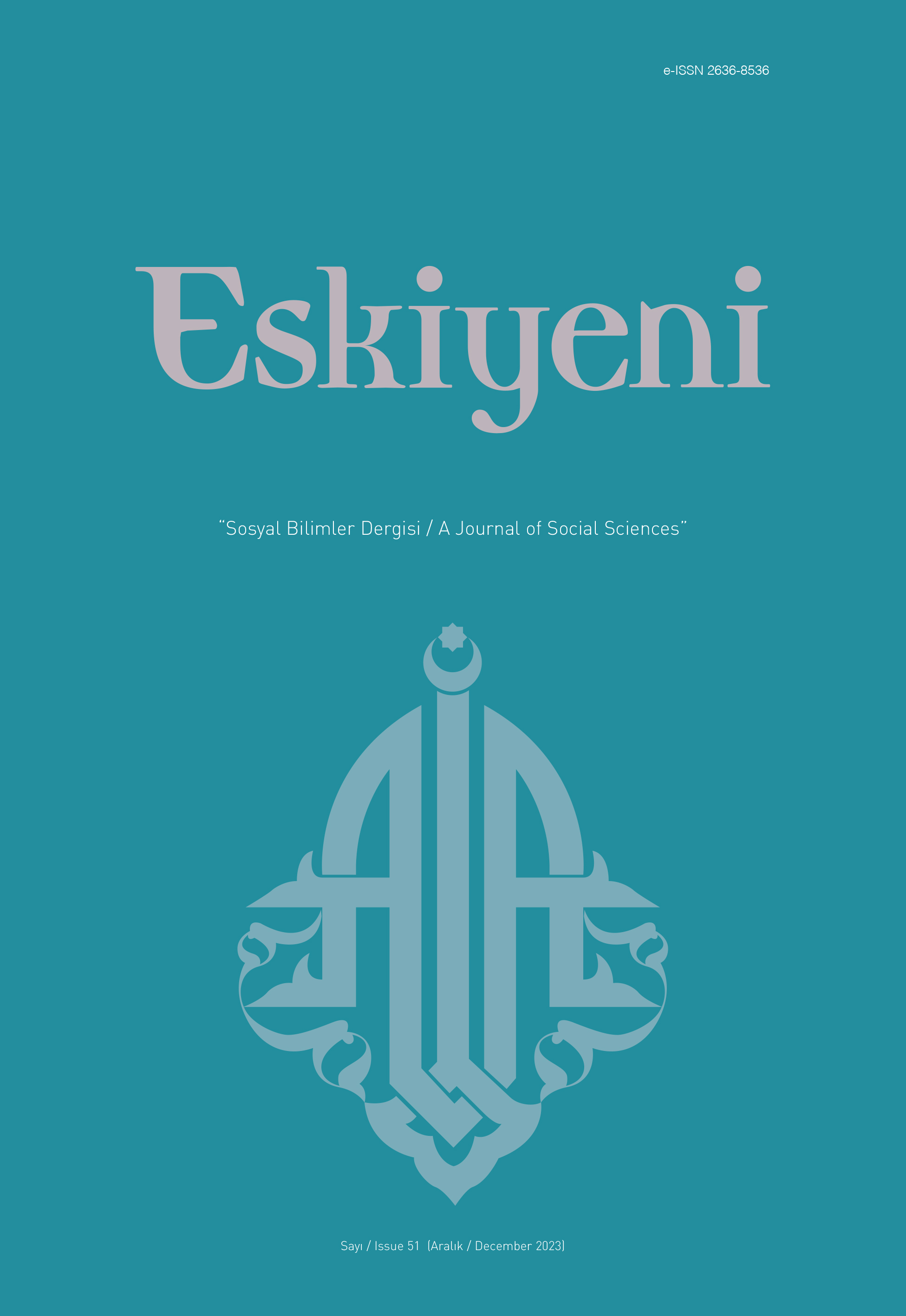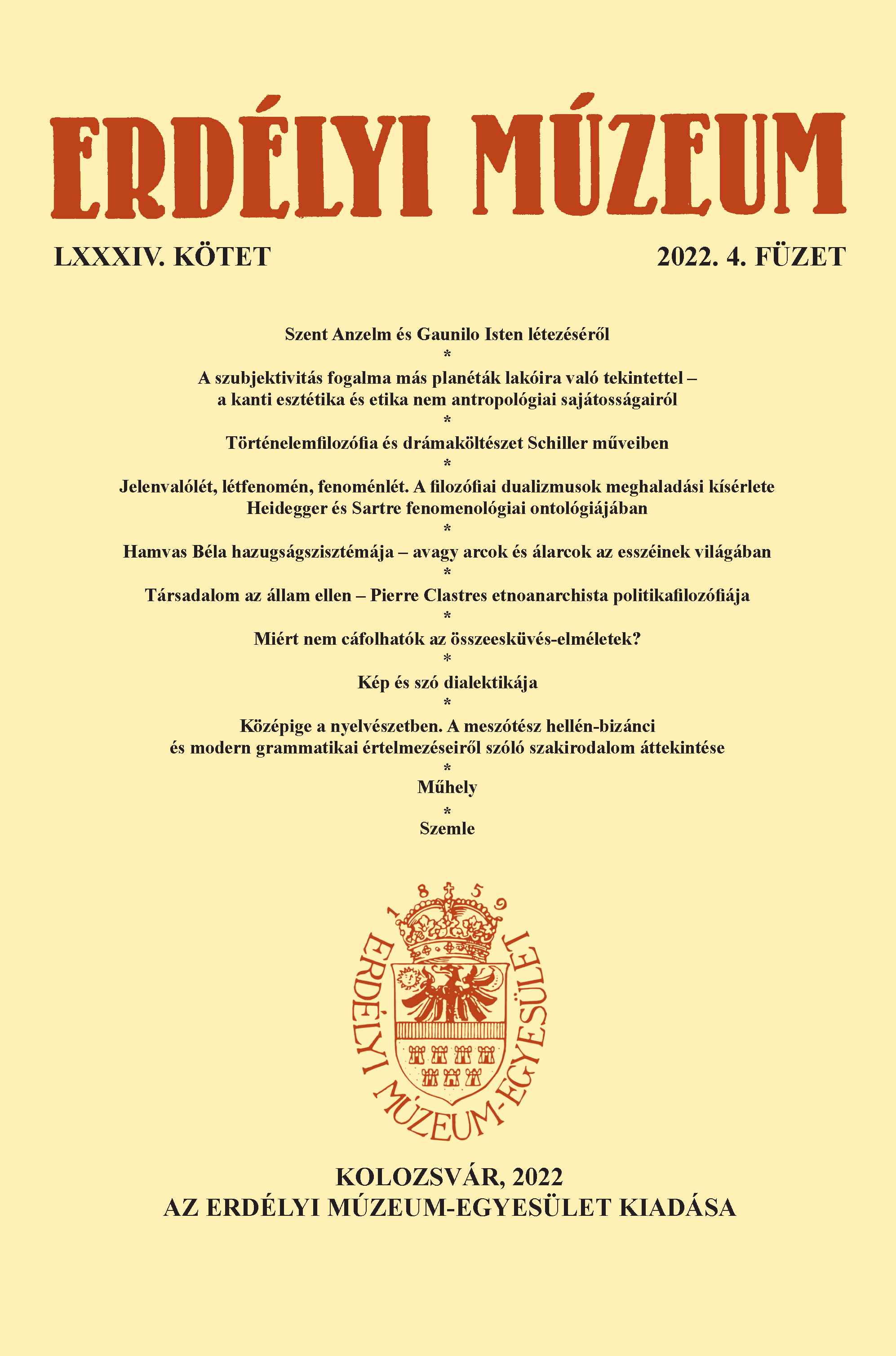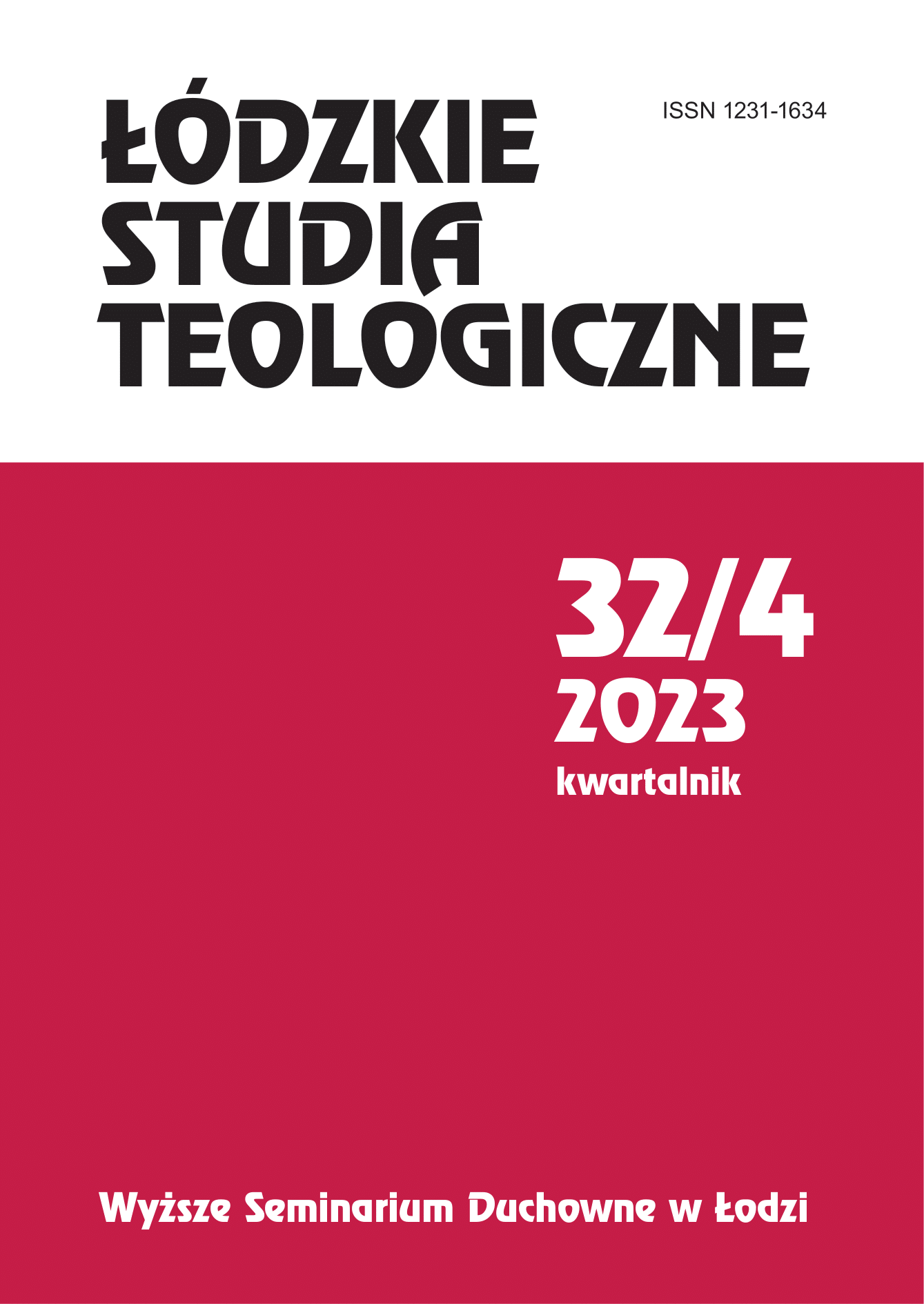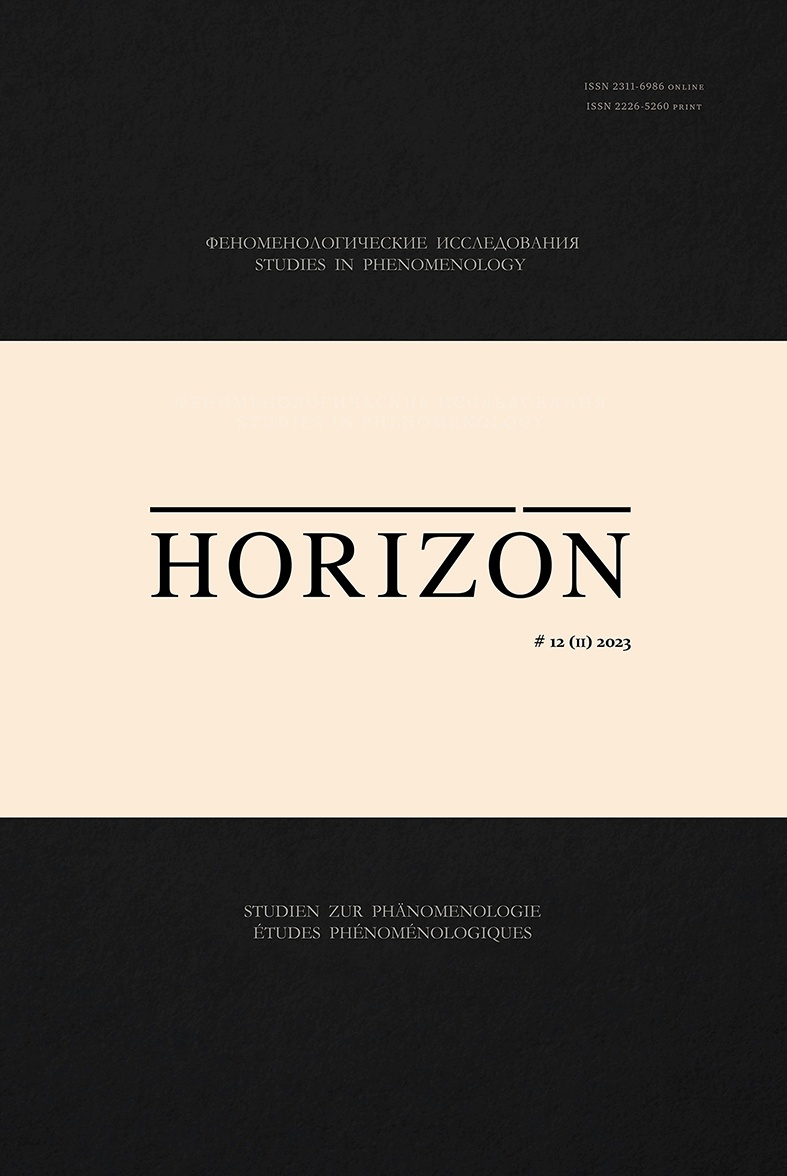Author(s): Mehmet Vural / Language(s): English
Issue: 51/2023
The question of whether Islamic philosophy can be considered as an authentic form of philosophy has been a subject of prolonged discourse. Various perspectives have emerged, presenting three distinct approaches to this matter. The first approach, primarily advocated by orientalists, contends that Islamic philosophy lacks authenticity. Contrarily, the second viewpoint asserts that while Islamic philosophy exhibits eclecticism, it represents a form of creative eclecticism. Finally, the third perspective posits that Islamic philosophy is unequivocally authentic, affirming its rightful place within the realm of philosophical discourse. Regrettably, Islamic philosophy, despite its profound significance during the Middle Ages, has not received the recognition it truly deserves within the pages of philosophical history books. Authors have often allocated only brief sections to this rich philosophical tradition, overlooking its depth and influence. It is frequently emphasized that Islamic philosophy serves as a continuation of Greek philosophy, acting as a vital bridge that connects the realms of Ancient Greek philosophy and medieval Western philosophy. Orientalists regarded Muslim philosophers as mere interpreters of Ancient Greek philosophers, ignoring their philosophical authenticity. Recent studies have revealed that this prejudiced approach of the orientalists is fallacious. Medieval Islamic philosophy, which reached its golden age during the 9th-13th centuries, began to be rediscovered. Islamic philosophy introduced completely novel themes with Sufism and theology, and, developed fresh and innovative perspectives by integrating Greek philosophy. In particular, unique insights and movements have been put forward on subjects such as Ghazalism, Illuminationism, Eastern philosophy, occasionalism, methodical skepticism, the theory of creation ex nihilo, prophecy, the relationship between philosophy and religion, and critical analysis of the ideas put forth by ancient philosophers. While the Western world underwent a “dark age” during The Middle Ages; the Islamic world experienced a remarkable and intellectually vibrant “philosophical” movement. The movement, which can be called the “Miracle of the Muslims”, holds significant prominence within universal culture, in terms of both being an inseparable part of Islamic civilization and a crucial milestone in the development of Western philosophy.
More...


